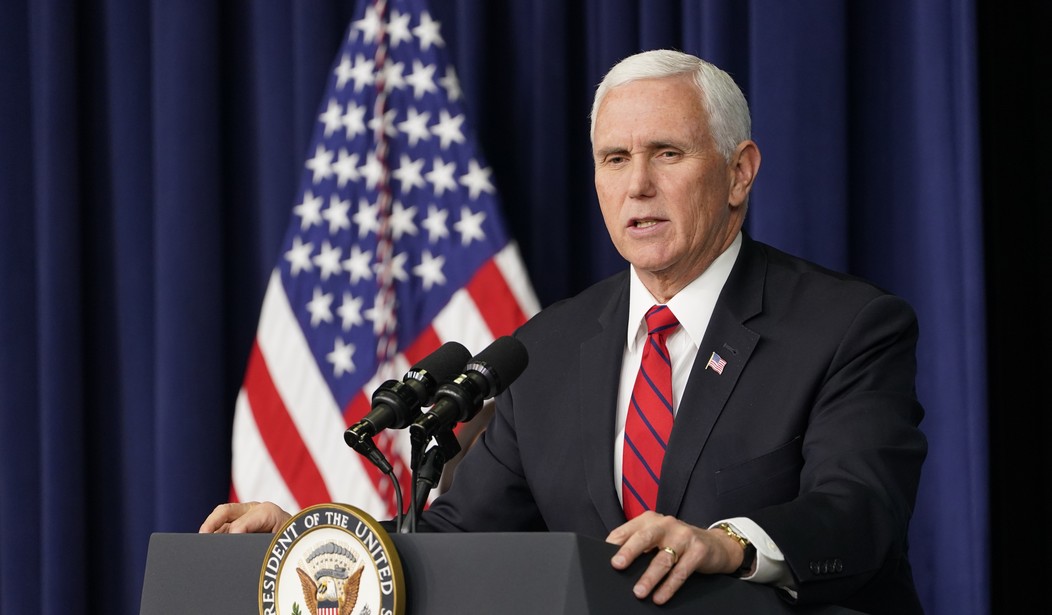Rep. Louis Gohmert (R-TX) and a handful of other Republicans filed a lawsuit against Vice President Mike Pence in hopes that a judge would overturn the 1877 Electoral Count Act and give Pence the authority to choose the electors. A judge tossed out the case, saying the Republicans filing the lawsuit had no legal standing in the case.
Now that the lawsuit has been tossed out, the vice president is chiming in on some legislators' efforts to challenge the results of the 2020 presidential election. He has remained silent on the matter up until now.
“Vice President Pence shares the concerns of millions of Americans about voter fraud and irregularities in the last election,” Marc Short, Pence’s chief of staff, told The Hill.
“The Vice President welcomes the efforts of members of the House and Senate to use the authority they have under the law to raise objections and bring forward evidence before the Congress and the American people on January 6th,” the statement to The Hill said.
The news comes after Sen. Ted Cruz (R-TX) announced a coalition with 10 other Republican senators that refuse to certify the 2020 presidential election results. The group is calling for a "10-day audit" of the results after "unprecedented allegations of voter fraud, violations and lax enforcement of election law, and other voting irregularities."
The senators want to follow the precedent established in 1877 when an Electoral Commission was established to address allegations of voter fraud.
Recommended
The coalition calls on their colleagues to establish an Electoral Commission "with full investigatory and fact-finding authority, to conduct an emergency 10-day audit of the election returns in the disputed states. Once completed, individual states would evaluate the Commission’s findings and could convene a special legislative session to certify a change in their vote, if needed."
Sen. Josh Hawley (R-MO), although not part of Cruz's coalition, also plans to challenge the election results on Jan. 6. Hawley was the first senator to say he would object to certifying the results.
In the House of Representatives, Congressmen Mo Brooks (R-AL), Andy Biggs (R-AZ), Louie Gohmert (R-TX), Matt Gaetz (R-FL), Paul Gosar (R-AZ) and Congresswoman-elect Marjorie Taylor Greene (R-GA) will vote to challenge the results as well.
Brooks, who is leading the effort in the House, said he believes Trump's path to victory is no longer in the courts but rather in the House of Representatives.
As the House moves to certify the election results, they must go state-by-state. All it takes is one representative and one senator to object to that state's results. The congressman says those states that are called into question should be thrown out. If that happens in enough battleground states then neither Trump nor Biden would hit the 270 electoral votes to win the Electoral College. That would mean the House would pick the president.
Under the Constitution, according to Brooks, should the House have to pick the president, each state gets just one vote. That one vote is based on what party controls the state House. The GOP runs 26 state Houses, meaning the Republicans pick who will be the next president.
There's a legal question about whether each state delegation will get one vote or if each member gets a vote, which could dramatically change the outcome.

























Join the conversation as a VIP Member